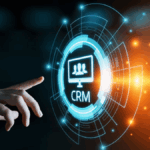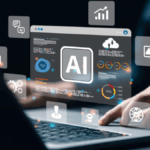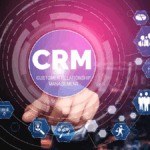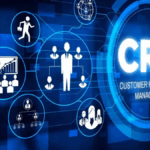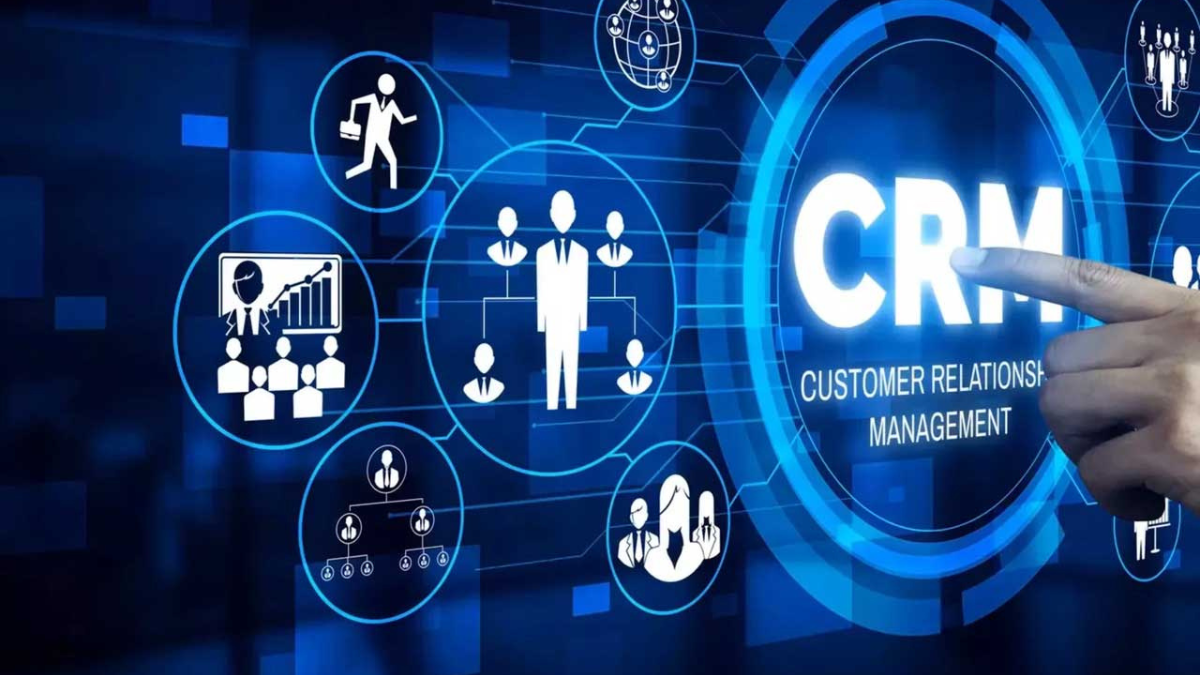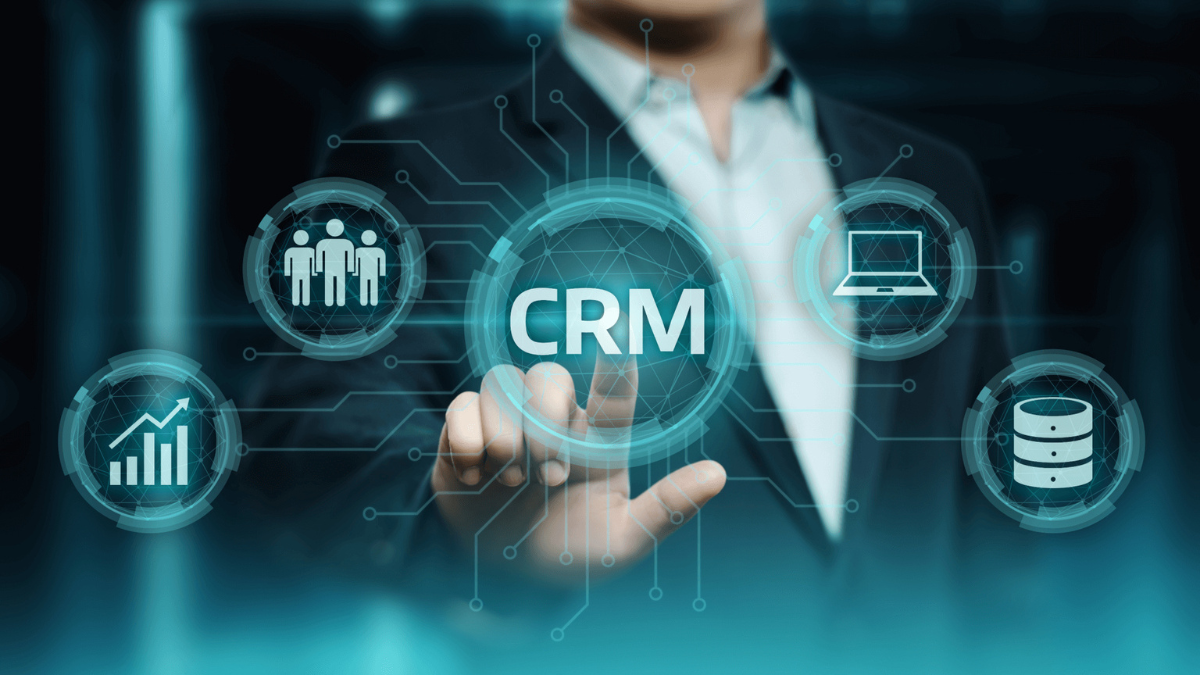Customer Relationship Management (CRM) has become the backbone of modern business, empowering organizations to better understand, serve, and engage with their customers. But as customer expectations evolve and technology advances, CRM systems must also transform. The future of CRM is more intelligent, integrated, and experience-driven than ever before.
This article explores the emerging trends, innovations, and technologies shaping the future of CRM, and how businesses can stay ahead by adapting to these developments.
Why CRM Is Evolving
The Rise of the Experience Economy
Today’s customers are not just buying products or services — they’re buying experiences. CRM systems must go beyond simple contact management to deliver contextual, personalized, and proactive customer interactions.
Digital Transformation Acceleration
Remote work, omnichannel commerce, and cloud-first environments have pushed businesses to digitize faster. This has increased the demand for real-time, data-driven, and scalable CRM solutions.
A Data-Driven World
Customers are generating more data than ever — through social media, email, chatbots, IoT devices, and browsing behavior. CRMs must evolve to harness and interpret this data intelligently and ethically.
Emerging CRM Trends to Watch
1. AI-Powered CRM
Artificial Intelligence (AI) is revolutionizing CRM by providing predictive insights, automating tasks, and personalizing experiences.
Features to Expect:
- Predictive lead scoring
- Next-best action suggestions
- AI chatbots for instant customer support
- Intelligent data deduplication
- Sales forecasting and churn prediction
2. Hyper-Personalization
Personalization in CRM is moving beyond names and email greetings. Future CRMs will deliver real-time, behavior-based recommendations.
Applications:
- Dynamic website content
- Personalized product or service recommendations
- Individualized sales and support interactions
- Custom marketing workflows based on customer journey stages
3. Voice and Conversational CRM
With the rise of voice assistants and smart devices, CRMs will increasingly integrate voice-based capabilities.
Benefits:
- Voice-driven task updates for sales reps
- Smart assistants that schedule follow-ups
- Conversational analytics from voice interactions
- Integration with Alexa, Google Assistant, Siri
4. Low-Code and No-Code CRM Platforms
Businesses want more control and faster implementation. Future CRMs will offer drag-and-drop customization tools, enabling users to build workflows, dashboards, and apps without coding.
5. Unified Customer View Across Channels
Omnichannel engagement means customers might connect with your business via email, chat, social, phone, or in-store — sometimes all in one day. Future CRMs will combine data from all these sources into a single customer profile.
Technologies Transforming CRM
Machine Learning and Predictive Analytics
ML algorithms can learn from past behaviors to predict customer actions — such as likely purchases, support needs, or churn risks.
Real-World Use Cases:
- Recommending upsells
- Identifying disengaged users
- Optimizing campaign timing
- Refining customer segmentation
Integration With IoT (Internet of Things)
IoT devices — like fitness trackers, smart home devices, or connected cars — will feed real-time data into CRMs. Businesses can then proactively address needs, schedule maintenance, or offer services based on device activity.
Blockchain for CRM
Though still emerging, blockchain may help improve CRM security, customer identity management, and transparency in data sharing.
Augmented Reality (AR) and Virtual Reality (VR)
AR/VR tools could integrate with CRM platforms for:
- Virtual product demos
- Interactive customer onboarding
- Immersive training for sales/support reps
The Rise of Mobile-First CRM
Today’s workforce is increasingly mobile and remote, especially for sales and field service roles.
Key Mobile CRM Trends:
- AI-powered voice dictation for note-taking
- Offline access to customer records
- Push notifications for task reminders
- Mobile analytics dashboards
Benefits:
- Faster response times
- Better on-the-go data entry
- Improved productivity for field agents
CRM and the Shift to Customer-Centric Business Models
Customer Experience (CX) as a Differentiator
Businesses that deliver seamless, positive, and personalized experiences win. Future CRMs will act as CX engines, providing:
- Sentiment tracking
- Journey mapping
- Feedback loops and NPS dashboards
From Product-Focused to Relationship-Focused
CRM will shift from tracking what customers buy to why they buy and how they feel. Emotional intelligence and empathy will become essential CRM capabilities.
CRM and Ecosystem Integration
All-in-One Platforms
Rather than using 10+ tools, businesses will opt for unified platforms that include CRM, marketing automation, helpdesk, analytics, and project management.
Open APIs and Ecosystem Connectivity
CRMs will offer open APIs, enabling seamless integration with:
- Marketing platforms (e.g., Mailchimp, ActiveCampaign)
- E-commerce (e.g., Shopify, WooCommerce)
- Finance (e.g., Stripe, QuickBooks)
- Communication (e.g., Slack, Teams, Zoom)
Data Privacy and Ethical CRM
Compliance and Trust
As regulations like GDPR and CCPA tighten, CRMs must prioritize data consent, access controls, and transparency.
Ethical AI
Customers will demand transparency around how AI is used to personalize experiences. Businesses will need to balance personalization with privacy.
The Future of CRM: What Businesses Must Do
Invest in Scalable and Flexible Platforms
Choose a CRM that can grow with your needs and adapt to future technologies.
Embrace AI and Automation
Begin by automating routine tasks and leveraging predictive analytics to enhance your team’s performance.
Train Teams Continuously
CRM success depends on how well teams understand and use it. Offer ongoing training, support, and incentives.
Align CRM With Customer Experience Strategy
Don’t just use CRM for sales. Use it to build relationships, solve problems, and create unforgettable customer journeys.
Conclusion
CRM is no longer just a digital Rolodex — it’s becoming the central platform that drives business intelligence, customer experience, and growth. As AI, automation, mobility, and customer expectations continue to evolve, so must your CRM strategy.
The future of CRM is smart, integrated, ethical, and customer-first. Businesses that adapt early will not only improve operational efficiency but also build deeper, longer-lasting customer relationships.
Now is the time to audit your CRM capabilities, embrace innovation, and reimagine how technology can support your customer strategy in 2025 and beyond.
FAQs
1. What is the biggest CRM trend in 2025?
Artificial intelligence (AI) and predictive analytics are among the top trends, helping businesses forecast behavior and deliver more personalized experiences.
2. How does AI improve CRM?
AI enhances CRM by automating tasks, scoring leads, predicting churn, recommending next-best actions, and analyzing large volumes of customer data efficiently.
3. Will CRMs replace other business tools?
Not necessarily, but future CRMs will become central hubs that connect to other tools, creating a unified ecosystem for sales, marketing, and service.
4. Is mobile CRM necessary for small businesses?
Yes. Mobile CRM access helps small business owners and sales reps stay connected with customers, manage leads, and update data on the go.
5. Are CRMs secure enough for sensitive customer data?
Leading CRMs follow strict security protocols (e.g., encryption, role-based access, audit logs) and are compliant with global privacy laws like GDPR.

